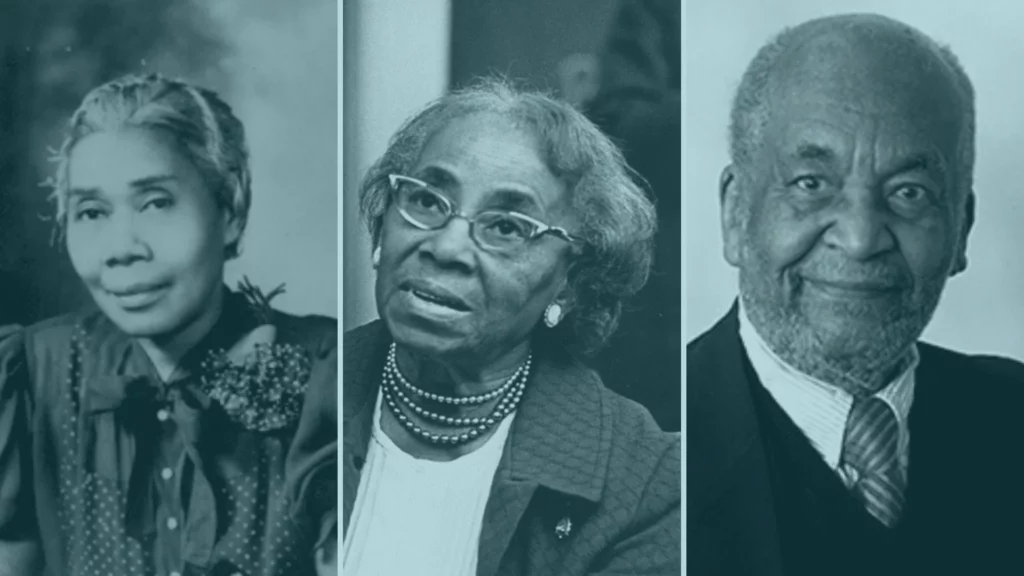
The School District of Lancaster is committed to celebrating and empowering every learner by fostering a welcoming community where students can discover their academic strengths, build confidence, and develop a deep sense of belonging. We achieve this through a broad and challenging curriculum supported by a comprehensive system designed to meet the needs of every child and remove barriers to success—academically, emotionally, and socially. Our unwavering commitment to this mission, and the values that guide it, remain steadfast as we work to ensure every student thrives.
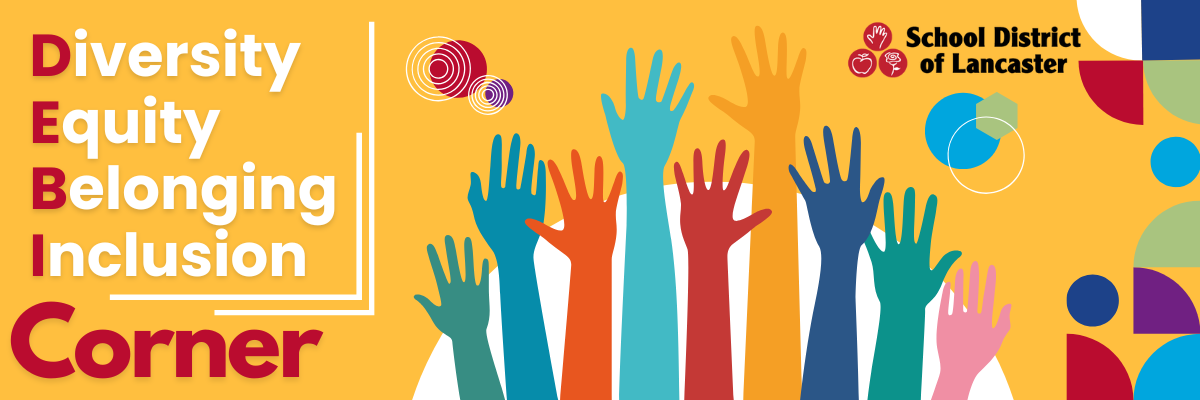
A Historical Context
Throughout the 20th century, African Americans faced immense barriers in accessing higher education due to systemic racism and segregation. The landmark Supreme Court decision Brown v. Board of Education (1954) played a crucial role in dismantling legalized segregation in schools and reinforcing the fight for equal educational opportunities. This case overturned Plessy v. Ferguson (1896), establishing the “separate but equal” doctrine that upheld racial segregation in public schools.
Other pivotal moments in the fight for educational equity include the Higher Education Act of 1965, which expanded federal funding for historically Black colleges and universities (HBCUs) and increased financial aid for students of color. The Civil Rights Act of 1964 also played a major role in prohibiting racial discrimination in public education and ensuring equitable access to resources.
Additionally, the San Antonio Independent School District v. Rodriguez (1973) case brought attention to disparities in school funding, although it failed to mandate equitable funding nationwide. More recently, ongoing legal battles and policy efforts continue to address systemic underfunding of schools in predominantly Black and low-income communities, reinforcing the importance of advocacy and policy reform for educational justice.
Despite these challenges, numerous individuals persevered and paved the way for future generations.
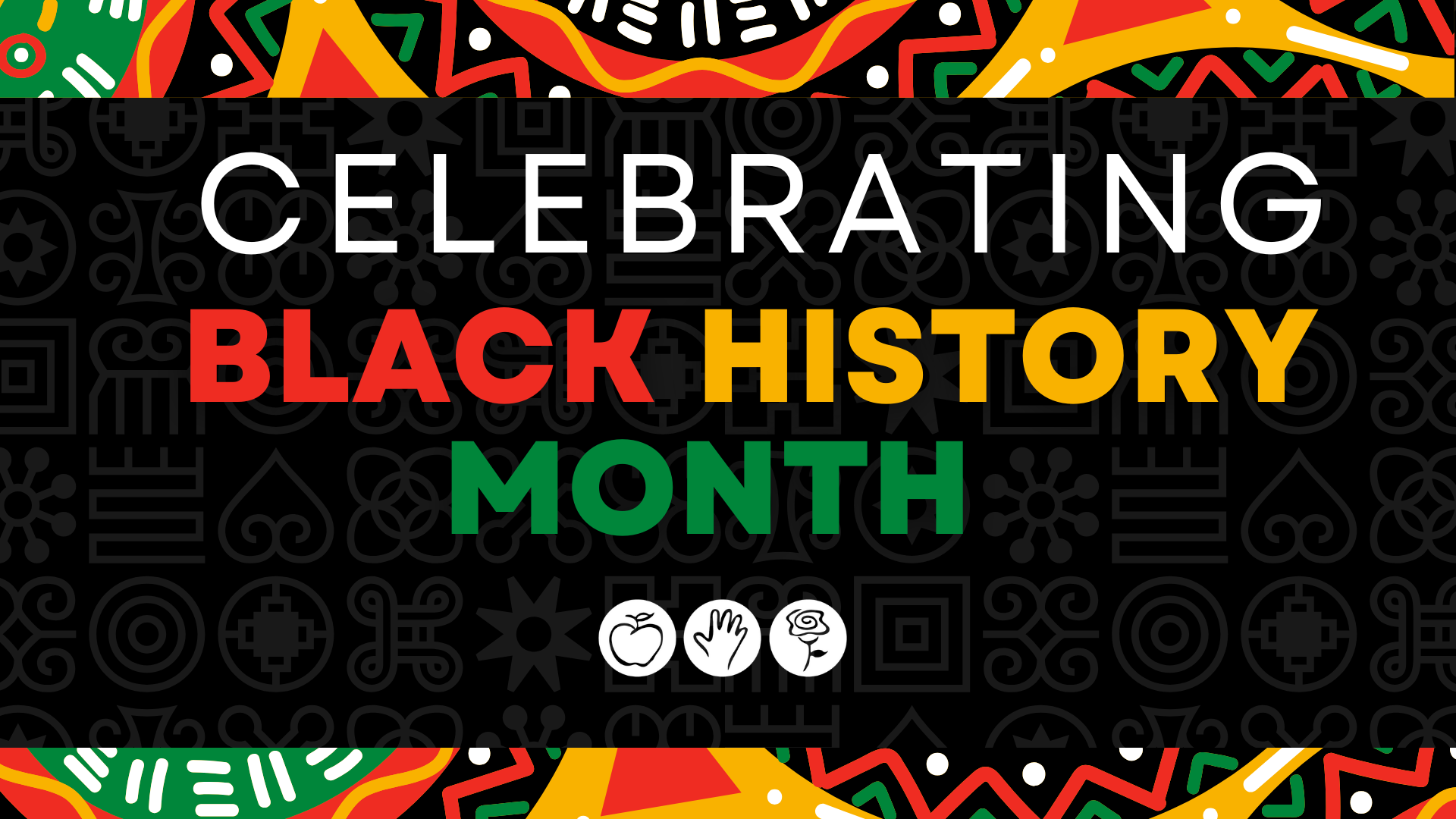
Prominent Figures
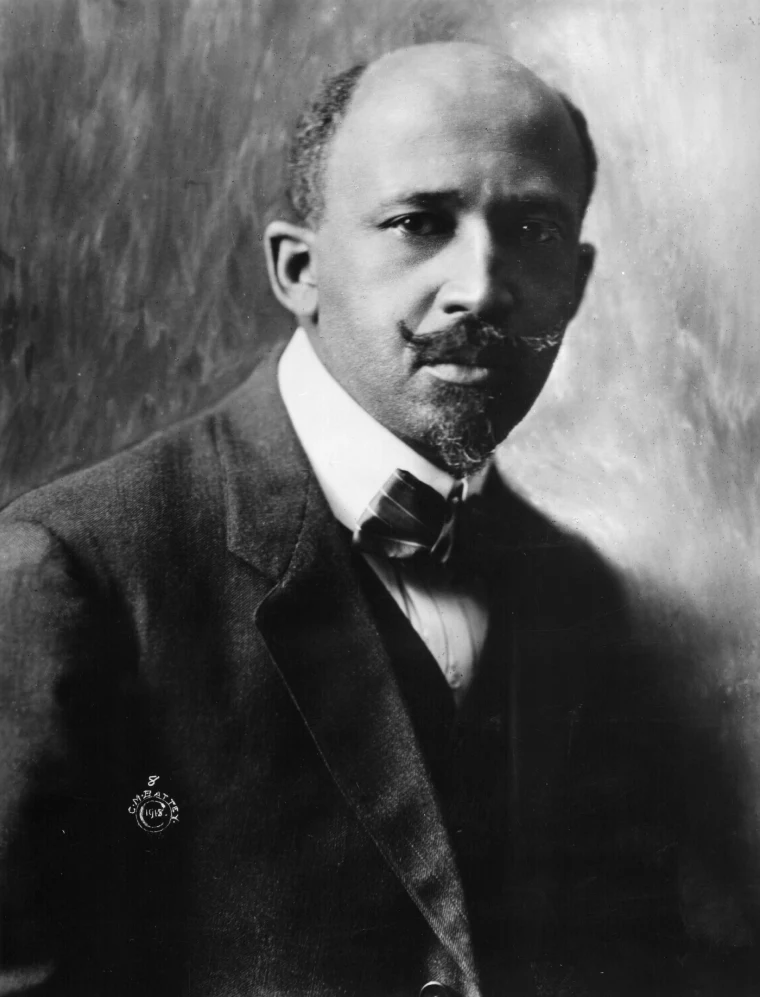 Dr. W.E.B. Du Bois
Dr. W.E.B. Du Bois
Dr. W.E.B. Du Bois made history in 1895 as the first African American to earn a Ph.D. from Harvard University, a groundbreaking achievement in an era of systemic racial discrimination. A visionary scholar, Du Bois was a sociologist, historian, author, and civil rights activist whose work laid the foundation for modern discussions on race, education, and social justice.
As a prolific writer and intellectual, Du Bois challenged the prevailing notions of white supremacy and advocated for the upliftment of African Americans through education and civic engagement. His seminal work, The Souls of Black Folk (1903), introduced the concept of “double consciousness,” describing the internal conflict African Americans experience in a racially divided society. He believed in the power of education as a tool for racial advancement and was a strong proponent of the “Talented Tenth”—a leadership class of educated Black individuals who would guide the broader African American community toward progress and equality.
In 1909, Du Bois co-founded the National Association for the Advancement of Colored People (NAACP), where he played a crucial role in using research, legal strategies, and activism to combat racial injustice. As the editor of the NAACP’s publication, The Crisis, he used his platform to highlight issues of racial inequality, advocate for civil rights, and promote African American artistic and intellectual achievements during the Harlem Renaissance.
Du Bois remained a staunch advocate for higher education, social justice, and economic empowerment for African Americans throughout his lifetime. His legacy continues to influence discussions on educational equity, as his belief in the transformative power of knowledge remains central to the fight for racial justice and equal opportunities in education today.
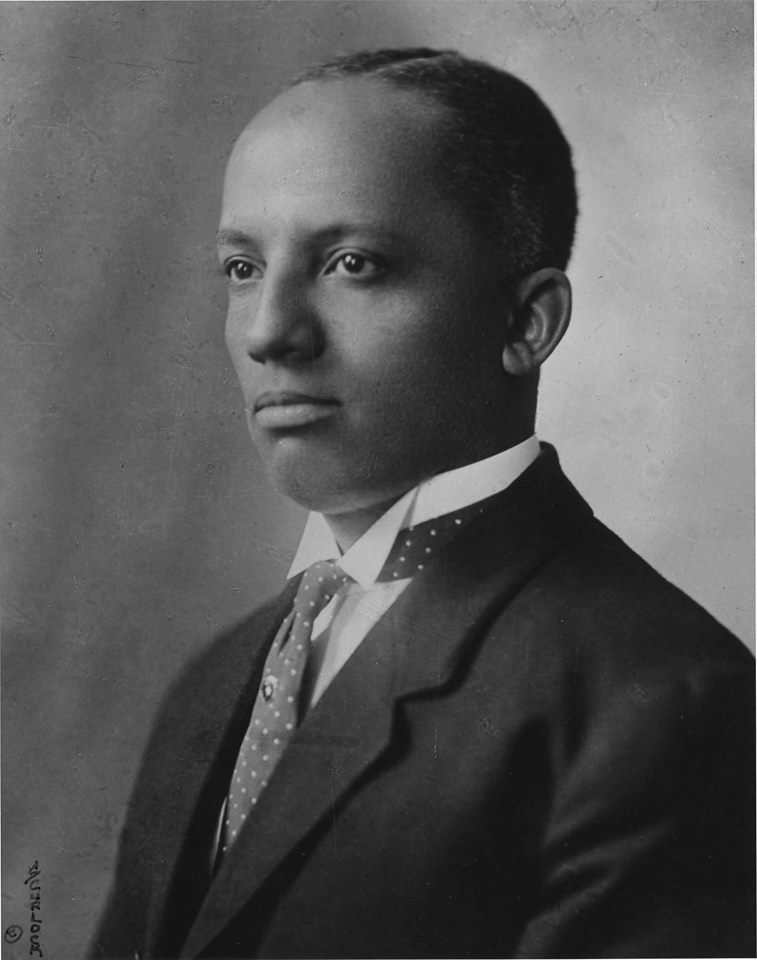 Dr. Carter G. Woodson
Dr. Carter G. Woodson
Dr. Carter G. Woodson, often referred to as the “Father of Black History,” was a pioneering historian, author, and educator who dedicated his life to ensuring that African American history was properly documented, recognized, and celebrated. Born in 1875 to formerly enslaved parents in Virginia, Woodson overcame significant barriers to education, working in coal mines as a young man before pursuing formal schooling. His relentless pursuit of knowledge led him to earn a Ph.D. in history from Harvard University in 1912. He was the only African American to achieve this distinction, following Dr. W.E.B. Du Bois.
Frustrated by excluding African American achievements from mainstream historical narratives, Woodson made it his mission to correct these omissions. In 1915, he co-founded the Association for the Study of Negro Life and History (ASNLH), now known as the Association for the Study of African American Life and History (ASALH). Through this organization, he sought to promote the scholarly study of Black history and culture, emphasizing African Americans’ influential contributions to the United States and the world.
In 1926, Woodson launched Negro History Week, strategically choosing the second week of February to coincide with the birthdays of Abraham Lincoln and Frederick Douglass. These two figures were widely celebrated in the Black community. His goal was to encourage schools, communities, and institutions to integrate African American history into their curricula and public consciousness. Over the decades, this week-long observance grew in prominence, eventually evolving into Black History Month in 1976, a milestone that reflected the growing recognition of Black history as an essential part of the broader American narrative.
Woodson was also a prolific writer and historian, publishing numerous influential works, including The Mis-Education of the Negro (1933), which critiqued the American educational system for marginalizing Black history and failing to prepare African Americans for self-determination and leadership. His writings continue to shape discussions about the importance of culturally responsive education and historical accuracy.
Through his tireless advocacy, Woodson ensured that African American history was preserved and celebrated and laid the foundation for ongoing efforts to challenge historical erasure and promote a more inclusive understanding of the past. His legacy inspires educators, scholars, and activists who work to deepen society’s appreciation for African American contributions to academia, culture, and social progress.
21st Century Black Trailblazers in Academia
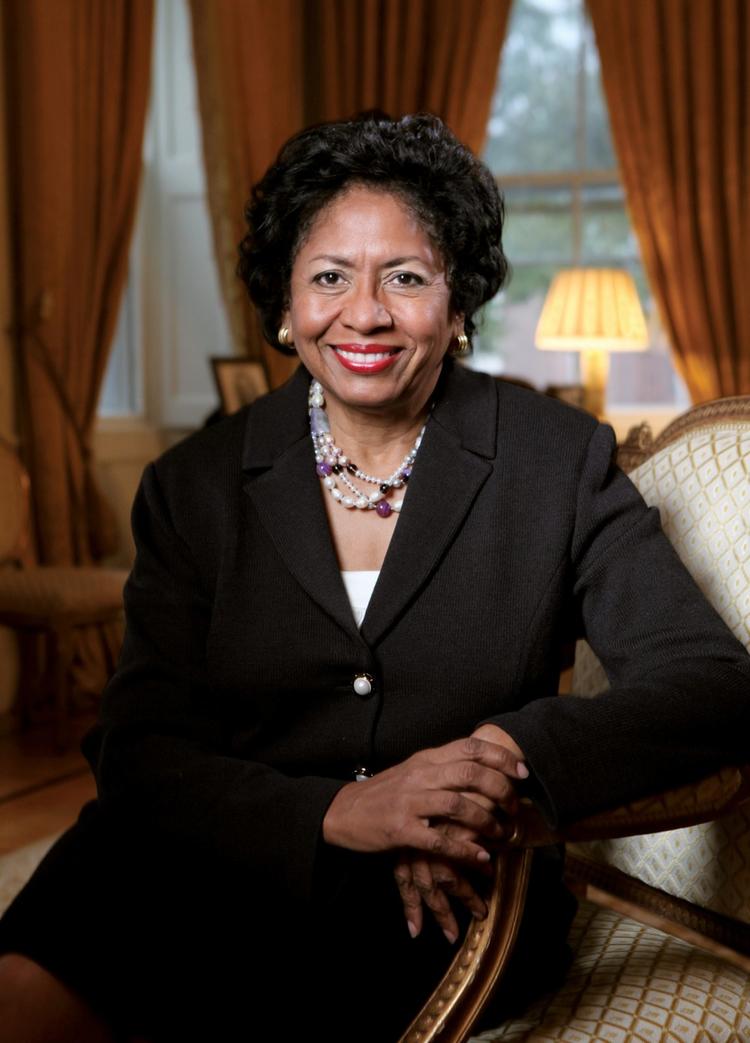 Dr. Ruth Simmons
Dr. Ruth Simmons
Dr. Ruth Simmons became the first African American president of an Ivy League institution when she was appointed president of Brown University in 2001. A passionate advocate for diversity and inclusion in higher education, she has dedicated her career to expanding opportunities for underrepresented students.
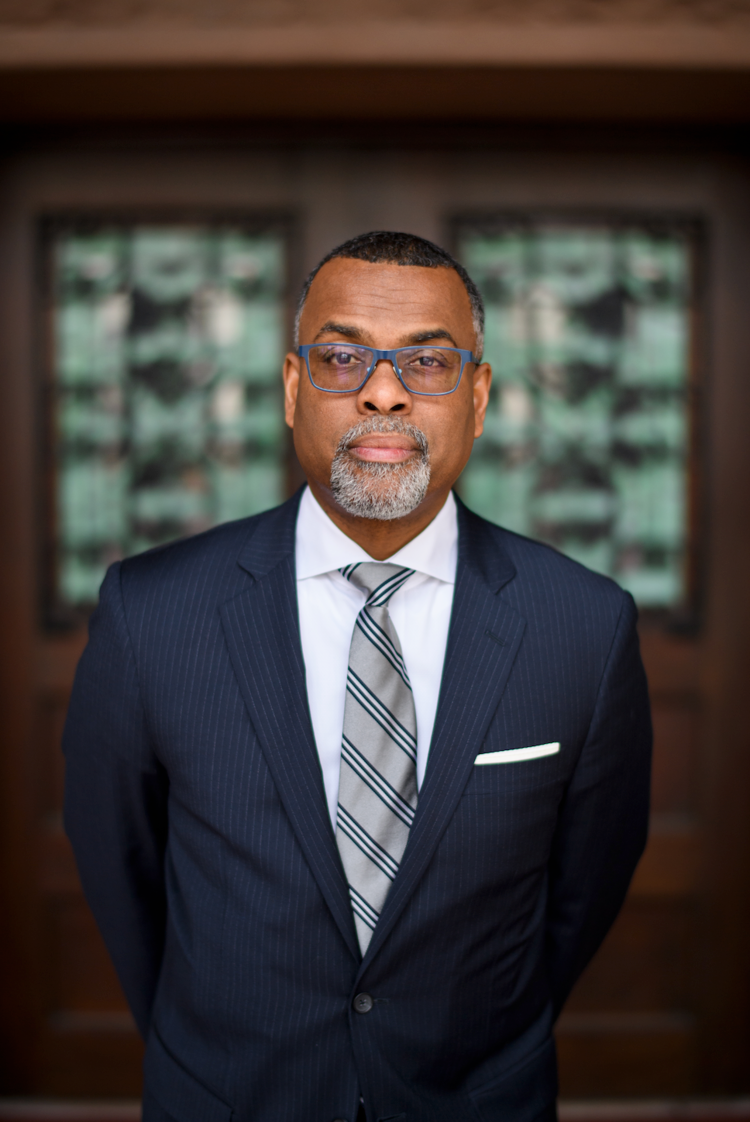 Dr. Eddie Glaude Jr.
Dr. Eddie Glaude Jr.
A leading scholar of African American studies, Dr. Eddie Glaude Jr. is a professor at Princeton University and a public intellectual known for his work on race, democracy, and philosophy. His books and media appearances continue to spark important conversations about equity and justice.
Fun Facts
- Did you know that in 1962, James Meredith became the first African American student admitted to the University of Mississippi? His enrollment faced intense resistance, requiring federal intervention to ensure his right to education. Meredith’s courage helped break racial barriers in higher education, opening doors for countless students who followed.
- In 1957, the Little Rock Nine were the first Black students to integrate Central High School in Arkansas. Their enrollment was met with violent opposition, but their bravery helped enforce desegregation in public schools.
- Before becoming the first African American woman in space, Dr. Mae Jemison earned a degree in chemical engineering from Stanford University and later a medical degree from Cornell University, highlighting the importance of education in pioneering fields.
Spotlight Organizations
United Negro College Fund (UNCF)
Since its establishment in 1944, the United Negro College Fund (UNCF) has been instrumental in expanding access to higher education for African American students. To date, UNCF has helped over 500,000 students earn college degrees by providing scholarships and financial assistance. The organization’s mission—”A mind is a terrible thing to waste”—remains a powerful call to action in supporting educational equity.
For more information on how you can support or benefit from UNCF programs, visit www.uncf.org.
Thurgood Marshall College Fund (TMCF)
Founded in 1987, the Thurgood Marshall College Fund (TMCF) provides scholarships, internships, and leadership development programs to students at publicly funded historically Black colleges and universities (HBCUs) and predominantly Black institutions (PBIs). Named after the first African American Supreme Court Justice, TMCF continues to advocate for educational access and economic mobility for Black students.
For more information on TMCF’s initiatives, visit www.tmcf.org.
Reflection Center
How can we continue the legacy of these trailblazers? Whether through mentorship, advocacy, or simply sharing their stories, we all play a role in ensuring that education remains an accessible and empowering tool for all.
Want to Learn More? Check out resources on articles, series, books, podcasts, and more!
-
Impacts, by David R. Williams, PhD
-
Economic Impact on Racism, by Heather McGhee
- Talking About Race: National Museum of African American History and Culture
Share Your Story
We want to hear from you! Your lived experiences, traditions, and insights are invaluable as we work together to build bridges and celebrate the diversity of our community. Share your story with us—whether it’s about your cultural heritage, a meaningful tradition, or a perspective that’s shaped your journey.
Fill out the form below or email Jassinya Alvarado, Director of Diversity, Equity, Belonging and Inclusion and let’s start the conversation. Your voice matters, and we look forward to learning from you!
Have thoughts, feedback, or ideas for DEBI’s Corner? I’d love to hear from you. Let’s continue this journey, hand in hand.
Click Here to submit a topic and details. We will credit your submission.
